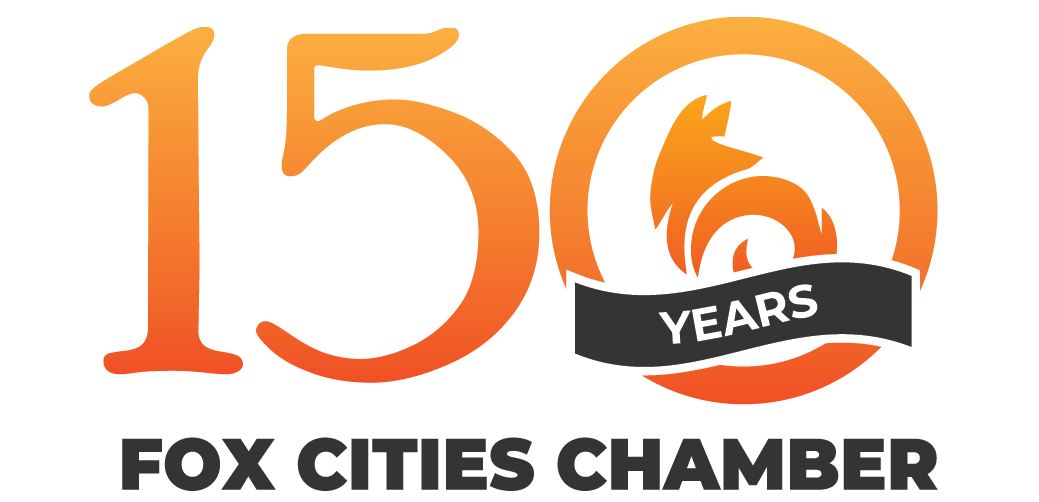This week, the Fox Cities Chamber joined companies from around the state – including our own Menasha Corporation – to urge lawmakers to increase the refundability of the Research Tax Credit to 50%.
The private sector invested $5.68 billion in Wisconsin research and development (R&D) efforts in 2019. This investment supports high-wage, high-skill jobs in communities across the state and all sectors.
In 2017, the Legislature made the policy decision to make the Research Credit partially refundable; last session, bipartisan efforts increased refundability of the credit to 15%. Now the Legislature can take a step to attract and support high-wage, high-skill jobs and foster continued innovation in the ever-changing economy.
Adopting the proposed refundability increase will:
- Make Wisconsin more competitive
- Support high skill, high wage jobs and allow for greater R&D investment
- Benefit communities and advance innovation
Wisconsin’s Credit Must Be More Competitive
Thirty-seven states have an R&D credit, with the value ranging from 1.9% (Michigan) to 33% (Arkansas), with no uniform formula for calculation or criteria among the states.
Of states with refundable R&D credits, refundability ranges from 15% (current law in Wisconsin) to fully refundable (Hawaii).
Wisconsin’s non-refundable research credit is of limited utility to many companies. The research credit quickly becomes a fraction of current-year R&D investment for businesses; $1 million in R&D investment can rapidly turn into a refundable value of less than 2% under current law. The refundable value is just a fraction of the credit. Like other states’ R&D credits, Wisconsin’s can be carried-forward.
From the state’s perspective, cost is a question of refundability in the current tax year or utilization against liability over a period of 15 years, if claimed at all. Increasing the refundability of the credit makes its value available to businesses sooner, allowing it to be reinvested and have a greater impact immediately, rather than companies utilizing only some to none of the credit’s value over a decade and a half. Government should empower the private sector, not stunt taxpayer opportunity.
Adopting the proposal to increase refundability to 50% will immediately make Wisconsin more competitive with our neighboring states and across the country. Of the 12 states with some form of a refundable R&D credit, eight rank higher on the overall 2022 State Technology and Science Index and R&D Inputs sub-index (notably Illinois, Michigan, and Pennsylvania also rank higher overall and on the sub-index; Minnesota also ranks higher on the overall index).
Legislation has been introduced in Illinois to calculate its credit like Wisconsin’s, which would leave Wisconsin at a disadvantage due to Illinois’ higher credit value (6.5%).
The Innovation Coalition met with legislators around the state, including State Senator Rachael Cabral-Guevara (R-Neenah), Assembly Speaker Robin Vos (R-Burlington), and the Co-Chairs of the Joint Finance Committee, State Senator Howard Marklein (R-Spring Green) and State Representative Mark Born (R-Beaver Dam), among others.

